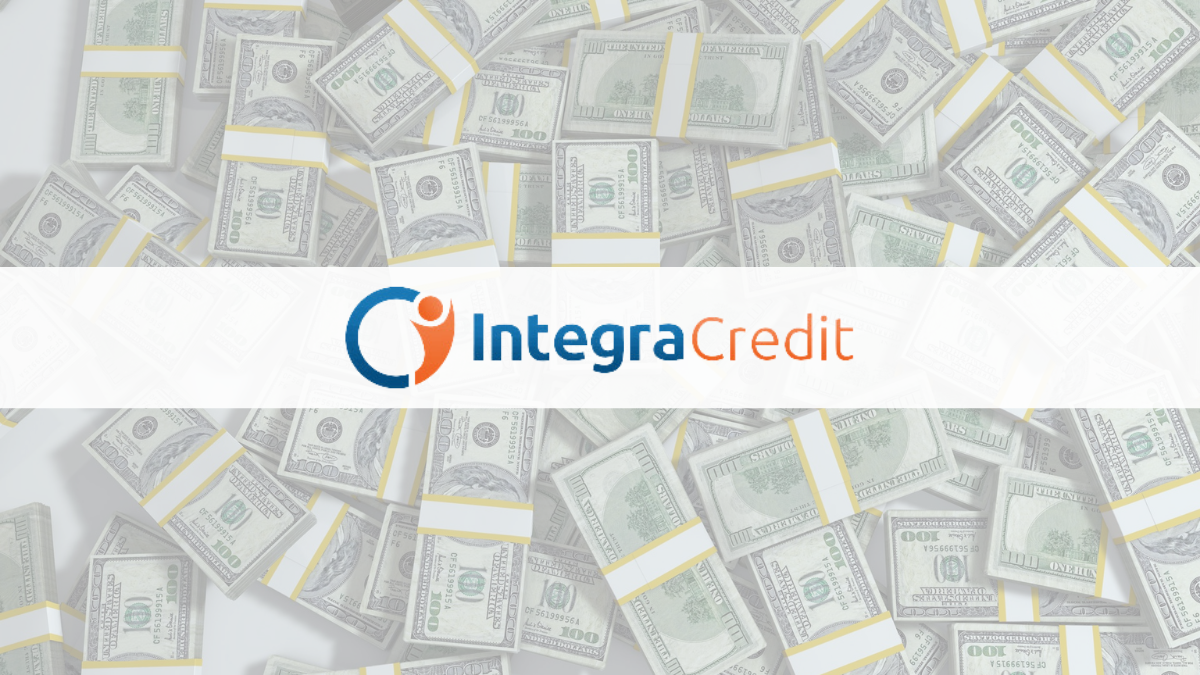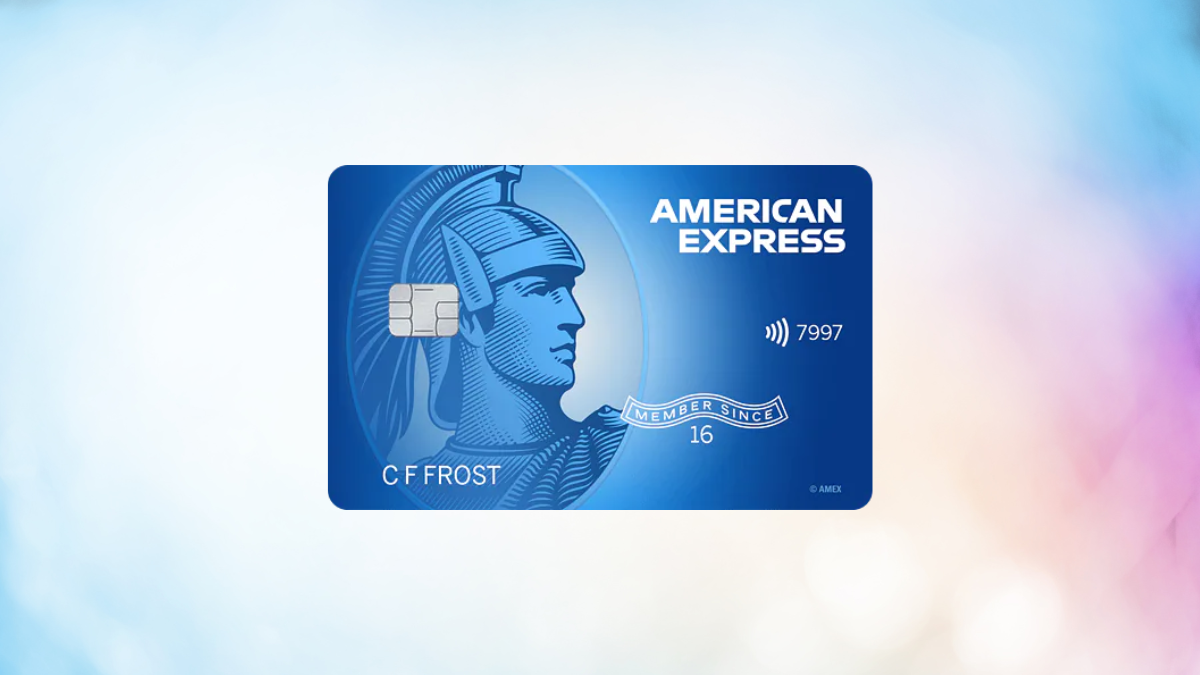Finances
What is a reverse mortgage and should you get one?
Find the answer to "What is a reverse mortgage?" and understand if it's right for you. Read on to learn about this unique type of loan.
Advertisement
Reverse mortgage: what you need to know before applying

The market has multiple mortgage types, and understanding them might seem difficult. And if you’re interested in understanding what a reverse mortgage is and how it works? If so, we are here to help.

10 tips for first-time home buyers
Buying your first home is a huge milestone. Make sure you're prepared by following these tips for first-time home buyers. Keep reading!
In this blog, we’ll walk you through the ins and outs of reverse mortgages so that you can make an informed decision about whether or not it makes sense for you. Let’s get started!
You will be redirected to another website
You’ll receive messages for less than 1 week, with a maximum of 1 message per day. You can unsubscribe anytime by replying STOP. By submitting this form, I confirm that I am 18+ years old and agree to the Privacy Policy and Terms and Conditions. I also provide my signature, giving express consent to receive informational messages via automated emails, SMS, MMS text messages, and other forms of communication. Message frequency may vary as part of our good-faith effort to respond to your inquiry. Message and data rates may apply. Text STOP to cancel. I understand that my consent to receive communications is not a condition of purchase and that I may revoke my consent at any time.
Advertisement
What is a reverse mortgage and how does it work?
Most mortgages work similarly. There are simple steps that you must follow to purchase a home successfully:
- You find a house you like.
- You put down a good chunk of money.
- You make installment payments until the balance is paid off.
But with a reverse mortgage, it is different. The borrower accrues the loan’s interest instead of making monthly payments. It means that the debt owed to the bank grows over time rather than shrinks.
Also, a reverse mortgage is a home loan designed for seniors 60 years or older. It allows them to access money from their equity without making monthly payments but having to pay interest to the lender.
The loan is only repaid when the borrower sells the house or dies. For some people, this can be a great way to generate extra income in their retirement.
Benefits
Reverse mortgages can be a good way to help you stay in your home longer. Also, it surely offers multiple benefits for its borrowers. Let’s take a look at these perks.
Advertisement
Manage expenses in retirement
With a reverse mortgage, the homeowner doesn’t need to make any monthly payments – instead, the loan is repaid when the house is sold.
It can free up much-needed cash in retirement, allowing the homeowner to cover expenses such as healthcare or day-to-day living costs.
The homeowner doesn’t need to move
One of the main benefits of a reverse mortgage is that it can give seniors financial security while still living at home. They can stay in their home for as long as they want.
Advertisement
Heirs have options
Heirs also have more options for repaying the loan, and there’s no risk of the debt becoming too large and putting a strain on finances.
No monthly payments, just interests
This type of loan also doesn’t require any monthly payments until after the borrower passes away or moves out of the home permanently.
Overall, reverse mortgages can be a flexible and beneficial way to manage finances in retirement.
Risks

As with any financial product, reverse mortgages have their drawbacks too. And if you want to ensure this product is the right choice for your needs, you must analyze them. Check it out below.
Risk of Hidden Landmines
When you take out a mortgage, you’re working with a lender who wants you to succeed in repaying your loan. With a reverse mortgage, the lender’s motivation is quite different.
The lender only gets paid if the borrower sells the property or dies, so they may not have your best interests at heart.
So, it’s important to read all the fine print before signing on the dotted line, or you may face hidden fees that eat into your equity.
Unpredictable events can happen
Even if everything goes according to plan, life has a way of throwing curveballs.
You could experience an unexpected health issue that prevents you from making payments, or you might need to move for family reasons before the loan comes due.
In either case, you could find yourself “upside down” on your loan, owing more than the value of your home.
Expensive closing costs
As with any loan, there are closing costs associated with taking out a reverse mortgage. These costs can add up quickly, eating into your equity and leaving you with less money overall.
Be sure to take a closer look at these costs in your decision-making process before taking out a reverse mortgage.
Fees & Rates for Reverse Mortgages
Reverse mortgages typically come with higher interest rates than traditional mortgages due to their unique structure and lack of monthly payments during the life of the loan.
There are also several fees associated with this type of loan, including:
- Origination fees;
- Closing costs;
- Additional fees, such as inspection fees and title insurance fees.

What is a mortgage and how does it work?
When buying a house, it's important to know "what is a mortgage," so we are here to help.
Types of reverse mortgage
There are different types of reverse mortgages in the market. Let’s check them out to see which fits your financial needs the best.
1. Home Equity Conversion Mortgage (HECM)
The most popular type of reverse mortgage is the Home Equity Conversion Mortgage (HECM). This type of loan allows homeowners to turn the equity in their home into cash.
To qualify for a HECM loan, you must be 60 years or older, own your home outright, or have a low balance on your current mortgage.
With a HECM loan, you can receive a lump sum payment, monthly payments, or both. The amount you receive will depend on your age, the value of your home, and current interest rates.
2. Proprietary Reverse Mortgage
A proprietary reverse mortgage is offered through private lenders. These loans offer higher payouts than HECM loans but have more restrictions and higher interest rates.
3. Single-Purpose Reverse Mortgage
The state, nonprofit or local agencies offer a single-purpose reverse mortgage. As a result, it’s one of the cheapest options for a reverse mortgage since the government backs it up.
With this type of loan, borrowers can only use the funds from the loan towards one specific purpose, such as home renovations or medical bills.
Single-purpose reverse mortgages tend to have lower fees than other types of loans. Also, they don’t require monthly payments, except when the home changes owners.
Is a reverse mortgage the best option for you?

A reverse mortgage can be a great way to tap into your home equity without making monthly loan payments. But before you sign on the dotted line, you should consider a few things.
For starters, a reverse mortgage will typically reduce the value of your estate. If you want to leave your home to your children or grandchildren, a reverse mortgage may not be the best option.
Additionally, they typically have higher interest rates than traditional mortgages, which can be expensive to get out of if you decide you no longer want one.
So before you make any decisions, be sure to talk to a financial advisor to see if a reverse mortgage is right for you.
Alternatives to reverse mortgages
Now you know what a reverse mortgage is and how it works. But if you think this is not the best option for you, here are three alternatives to reverse mortgages:
1. Home equity lines of credit
Homeowners can apply for a home equity line of credit (HELOC) and only borrow what they need when needed. The interest rate on HELOCs is typically lower than on reverse mortgages.
2. Rent a room in your home
Renting a room in your home might be a good way to make extra money. Many people look for rooms to stay in, which would be a way to avoid paying interest.
3. Home equity loan
A home equity loan allows you to borrow against the equity in your home. This option can give you some extra cash to cover expenses, but it’s important to remember that you’re putting your home at risk if you can’t repay the loan.
Interested in learning more about the types of mortgages? Then read out the post below! We’ll explain everything you need!

Choose the best mortgage for your finances
Your choice of mortgage affects the quality of your financial life. Here's how to choose one that fits you and know what questions to ask a lender.
Trending Topics

Best payment type if you are trying to stick to a budget
If you're looking for the best payment type to stick to a budget, check out the most popular options and their pros and cons.
Keep Reading
Calm App review: Find relaxation to your anxious mind
Anxious? Stressed? Can't seem to find peace? Check out our Calm app review and learn how to relax finally. Read on!
Keep Reading
15 questions to ask when renting an apartment
Looking for a new place to call home? Find out what questions to ask when renting an apartment! Learn more here!
Keep ReadingYou may also like

Learn to apply easily for Integra Credit Personal Loan
Learn more about the requirements and how to apply for the Integra Credit Personal Loan. Qualify with no credit check! Keep reading!
Keep Reading
Earn more: Blue Cash Everyday® Card from American Express review
Read our Blue Cash Everyday® Card from American Express review- a credit card packed with cash back. Earn up to 3% cash back on purchases!
Keep Reading
How to build an investment portfolio: a simple guide for beginners
A simple guide on how to create an investment portfolio for beginners. Learn how to start now with these steps. Check it out!
Keep Reading